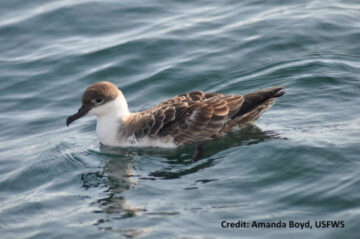
Community Science: Nexus of People and Place
Join NH Audubon staff in an exploration of ways to engage people and place to more fully understand our planet. Community Science is on the rise with increasing numbers of volunteers collecting data to expand scientific knowledge. We will share examples of how Community Scientists collaborate with researchers to gather data on the timing of […]


